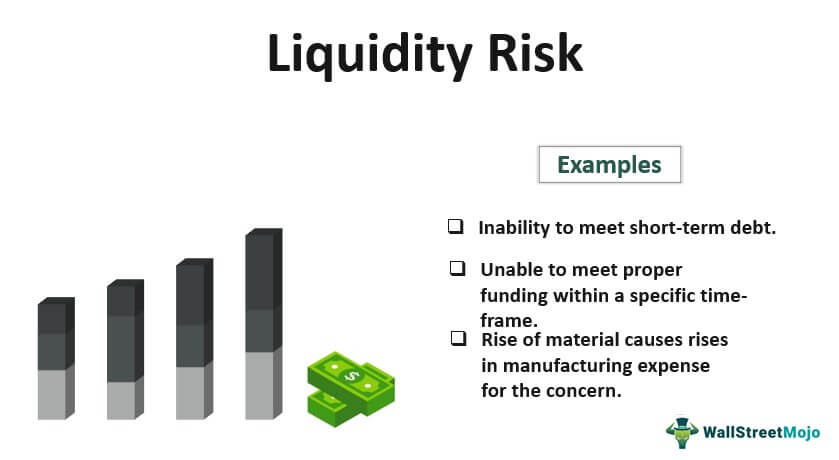More pricey: Even if it may be much easier to receive seller financing than a conventional mortgage, you'll normally be charged a higher interest rate and pay more over the life of the loan. Balloon payment issues: If you can't afford to make the balloon payment with your own cash reserves, you might require to get financing to cover the expense. If you don't do either, you run the risk of losing your home and all the money you've paid up to that point. No price-shopping: With a conventional mortgage, you can look around and compare rates and other terms on a single house.
While they're not always set in stone you can try negotiating on some points you don't have the choice to price-shop. An existing home mortgage can be troublesome: If the owner still has a service cancellation letter sample home loan on the property and the loan has a due-on-sale provision, the loan provider can demand immediate payment of the remainder of the principal balance once the sale goes through to you. How do you finance a car. If neither you nor the owner pay, the bank can foreclose on the home. To prevent this, ensure the seller owns the property complimentary and clear. If not, consider one of the options below. More work: While you can close on the home with the buyer faster than you might with a standard home loan, seller funding may require more work in general.
Possible for foreclosure: If the purchaser defaults on the loan but does not leave the residential or commercial property, you might need to begin the foreclosure process, which can get complicated and pricey. Possible repair work costs: If you end up needing to take back the property, you may be on the hook for repair work and maintenance costs if the buyer didn't take good care of the house. If the owner has a current mortgage loan on the property, it likely has a due-on-sale provision attached to it. There are some situations, nevertheless, where the lender might agree to seller financing under certain conditions. And there may be other ways to make it take place without including the initial home loan lender at all.
As you think of which one is best for you, think about working with a lawyer to assist you draft up the arrangement to prevent possible problems down the roadway. With this plan, you successfully take control of the month-to-month payments on the seller's mortgage, but they're still legally responsible for making the payments under their agreement with the lending institution in reality, the lending institution might not even know that you have actually assumed the month-to-month payments. This indicates that if you stop making payments, they're still on the hook, and it might ruin their credit if they don't use up payments again. In addition, if the holder of a residential mortgage becomes aware of this arrangement they may call the loan due right away.
But otherwise, do not anticipate numerous sellers to get excited about this choice due to the fact that of the increased threat they're needed to take on. With a wraparound mortgage, you're producing a loan that's huge enough to cover the existing loan plus any equity the owner has in the home. You make the payment on the bigger wraparound mortgage, and the owner takes a portion of that total up to make the payment on the original mortgage loan. The difference between the payments is the owner funding on the equity part of the home. The primary downside of a wraparound home mortgage timeshare vacation club is that it's junior to the original home loan.
With this setup, you eventually rent the residential or commercial property from the seller with an alternative to buy it. Sometimes, you may even have actually a contract prepared to purchase the home at a set date in the future. This option allows the buyer to guarantee control over the residential or commercial property, and it can offer the owner a long time to complete paying off the initial mortgage loan. As with a wraparound home mortgage, however, the buyer is still at the grace of the owner, and if the latter defaults on their loan, the lease agreement will no longer be in effect when the bank forecloses.
The Single Strategy To Use For How Long Can You Finance A Travel Trailer
It works just when the seller owns the home free and clear since the owner holds onto the property title while the purchaser makes monthly payments. As soon as the buyer finishes the repayment term which can be whatever the 2 celebrations accept they'll receive the deed to the home. If they default, however, the owner keeps the deed and can repossess the home. With a rent-to-own funding arrangement, the purchaser moves in and rents the house, with a portion of their monthly payment acting as a deposit or deposit, which they can use to buy the home down the roadway. What is a note in finance.
There are different methods to set up a rent-to-own contract. For example, the occupant may have the choice to buy the home at any point throughout the lease, or they may be needed to buy at the end of the lease. If the buyer doesn't go through with purchasing the house, the seller may have the ability to keep the rent premiums. As an outcome, this may not be an excellent option if you're on the fence or wish to avoid the risk of something changing (Which results are more likely for someone without personal finance skills? Check all that apply.). Owner-financed industrial home sales or owner funded land sales are not uncommon. A commercial residential or commercial property owner may have any number of factors for being open to this kind of realty deal, including all lawyer to get out of timeshare the above advantage, plus tax advantages.
The business real estate industry has been struck hard by the coronavirus crisis in many parts of the country. It has become progressively difficult to get certain types of little business loans, including some industrial genuine estate loans. That might cause sellers being open to innovative funding options. If you are a prospective buyer, do not be afraid to ask whether the seller is open to this kind of arrangement. If you are an investor, think about offering seller funding to draw in more prospective purchasers. Tip: Constantly check a purchaser's personal and company credit history so you'll be signaled to potential threats.


Here are some of the more common concerns, together with their answers. Among the benefits of utilizing owner funding rather of a conventional mortgage is that you'll minimize closing costs. That's since you won't need to deal with any lending institution costs, such as application and origination charges, interest points, and more. That stated, you can still expect some closing costs with a seller financing arrangement. For example, your city government may charge a cost to tape-record the sale of the home, and you may desire to get an appraisal to guarantee you have the right prices.